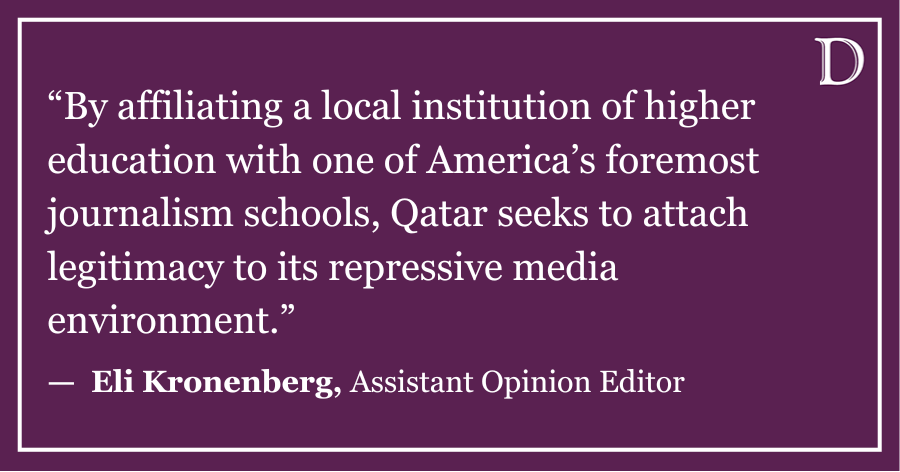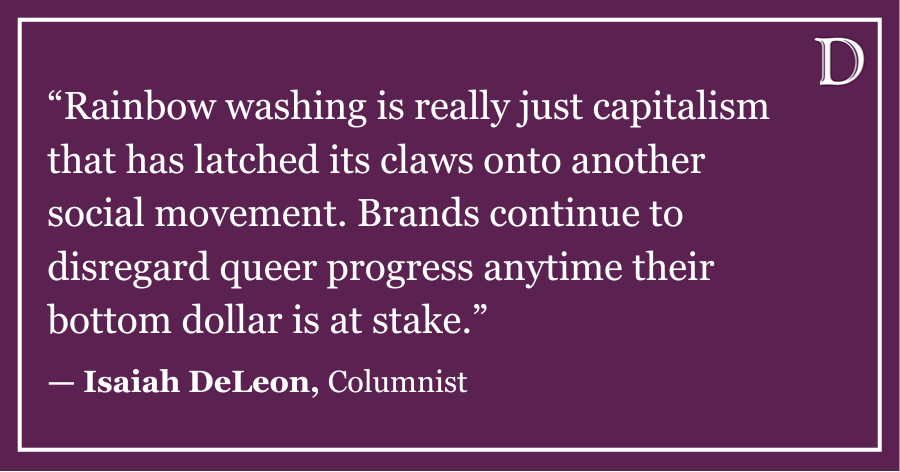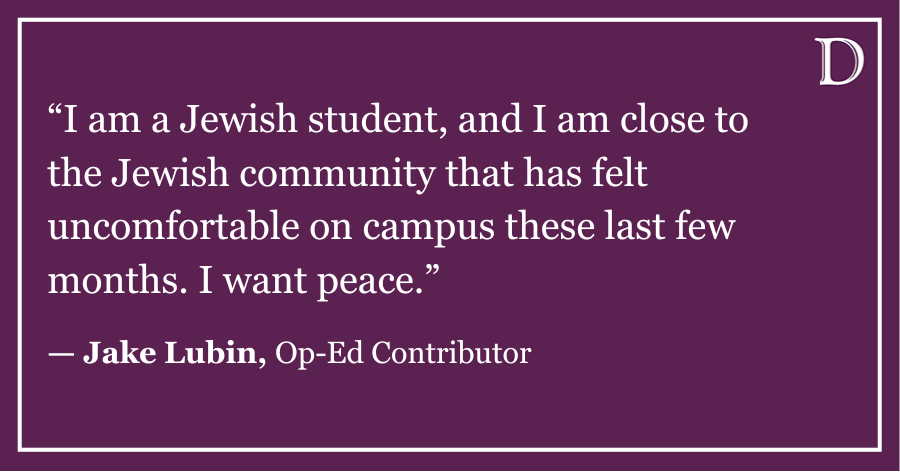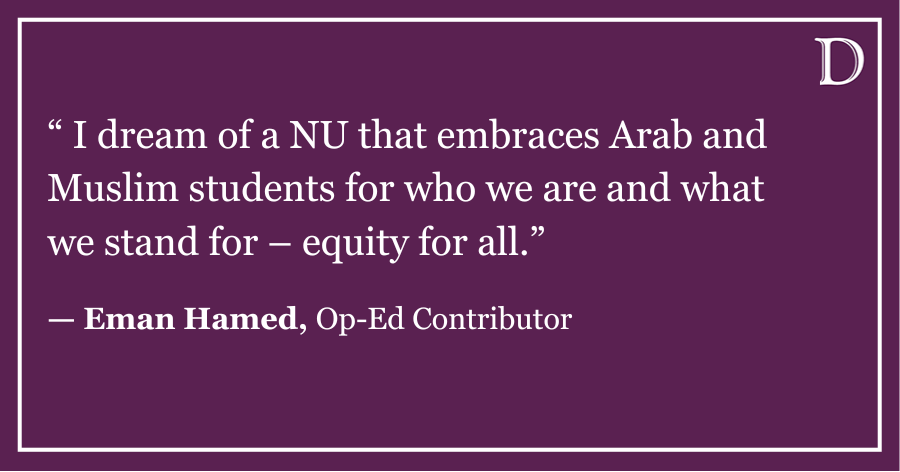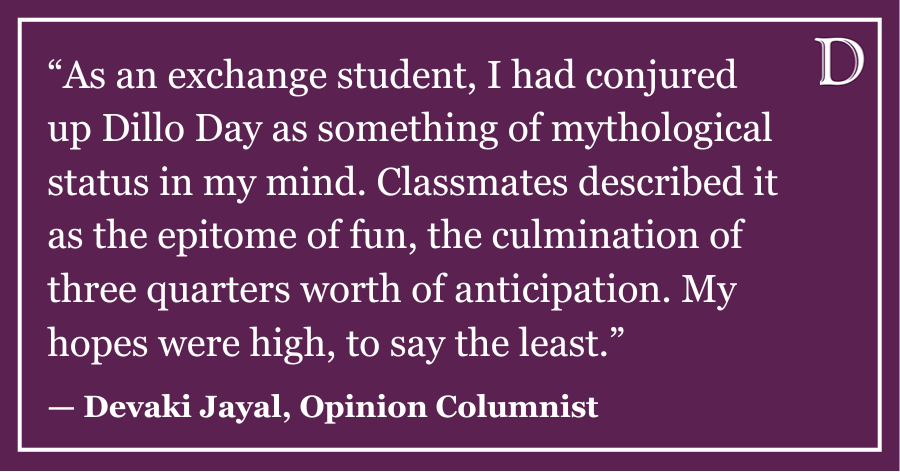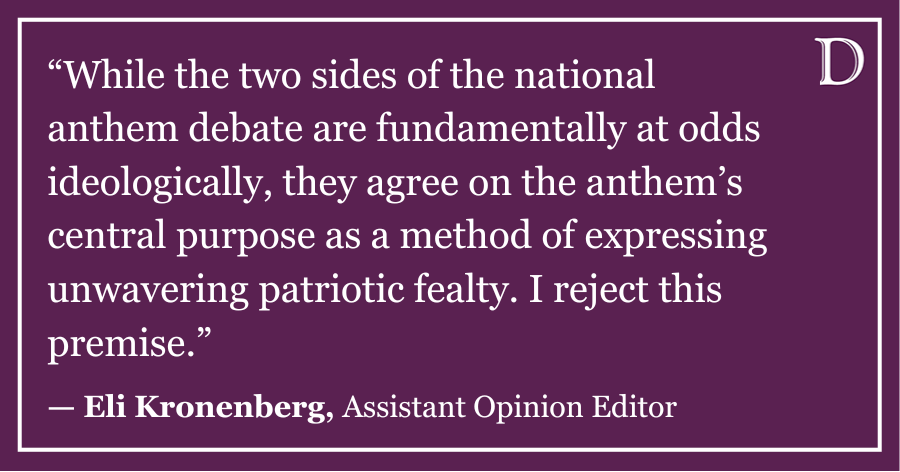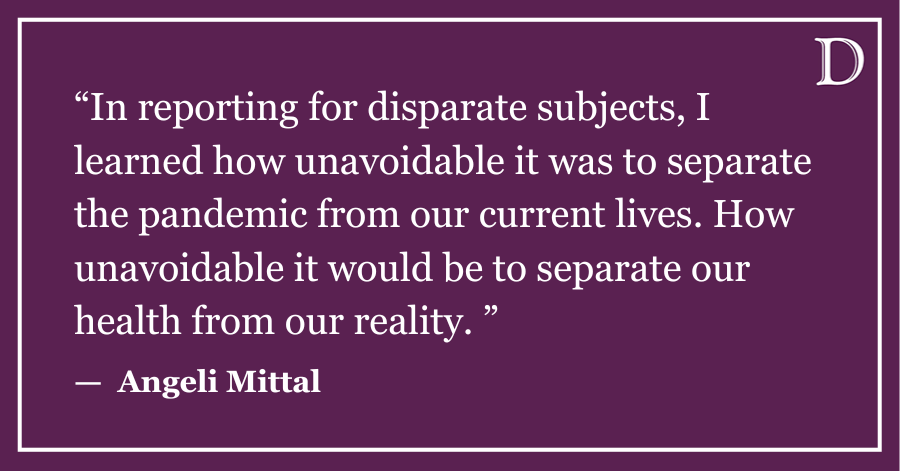It’s always easy to tell when students at the Medill School of Journalism, Media, Integrated Marketing Communications are inflamed about something. My Facebook news feed alerts me that whatever person I had in that one freshman multimedia class, as well as “13 others,” has shared an article, and just like that, in our little microcosm of a world, whatever controversy it is has gone viral. As journalists, as writers, we inherently are prone to strong opinions and the desire to share — it’s a drive for connectivity that motivates our humble profession, and it’s the reason why my newsfeed blows up at least once a week.
On Tuesday, an opinion piece by a recent Medill graduate, David Dennis, was published in the Guardian, skewering large media companies for offering unpaid internships, positing that the practice marginalizes low-income and minority journalists simply because they can’t afford to take unpaid positions.
The column is extremely timely because we’re on the precipice of a summer in which I estimate that a lot of my Medill class will be embarking on unpaid internships if only to get the experience that, in this rough little rat race, we believe we need to be marketable in our careers as struggling writers. Finding a paid internship is like finding a unicorn. It’s mystical and happens seemingly once every other millennium. I can rephrase that: there are paid internships, at large scale corporations, but the competition is nauseatingly stiff. Even coming out of Northwestern, where the academics are unparalleled and most of the student body is frustratingly intelligent, applying to internships like those where you are no more than a little number in the digital application pool leaves your shot at raking in the pay up to chance.
That being said, the choice comes down to whether you can afford to take an unpaid internship, crippling your own bank account to try and scramble to find somewhere to live, or choosing to take — if they are willing — the generosity of your parents. Either way leaves you in debt and starkly lacking in autonomy, if only for the ability to be able to squeeze one extra line on your resume. The secret subtext underlying an unpaid internship is you can only take one if your socioeconomic background grants you that luxury. In full disclosure, I’m taking an unpaid internship this summer — I have fallen to the temptation of hopefully getting a leg up in the future. It is so easy to look at the long run, but the problem is that the short run has far more proximity and possibility for repercussions. I am privileged and eternally grateful that I have the support of my family to help me afford this opportunity, but I strongly believe that journalism should not be a career reserved for the upper-middle class. It’s ironic because journalists historically are not known for their lucrative salaries, yet recently, the ability to support your own endeavors, or rather to not drown in debt in the process, has become a prerequisite.
I don’t mean to reiterate Dennis’ points, but it’s egregious that journalism — which to me has for so long been synonymous with freedom, the ability to transport, educate, enthrall, challenge a reader — is forcing the possible warriors of its future into a tiny, constrictive box where money, class and ethnicity play any part. As a journalist, those things make up our perspective, but should never be indicative of the opportunities that we have set before us. It is a system that prioritizes privilege and to me seems anachronistic in the year 2013. Nepotism and blatant favoritism will never go away, but free labor offered to only those who can afford it is something that we as the creative people we claim to be, should not perpetuate.
Arabella Watters is a Medill sophomore. She can be reached at [email protected]. If you want to respond publicly to this column, send a Letter to the Editor to [email protected].












